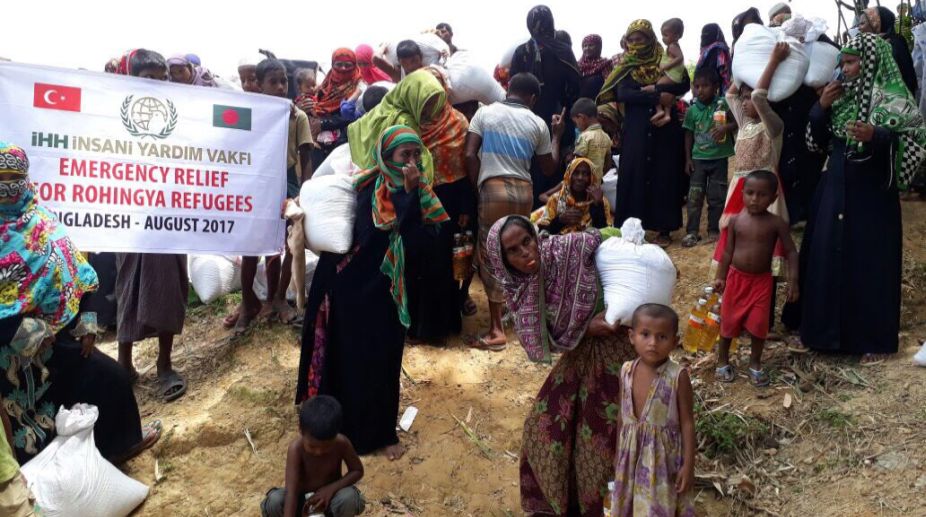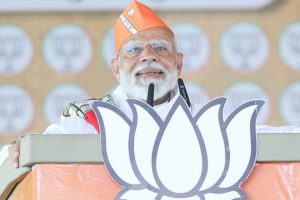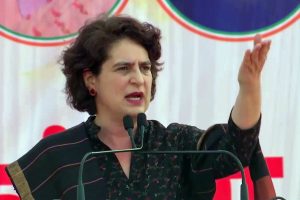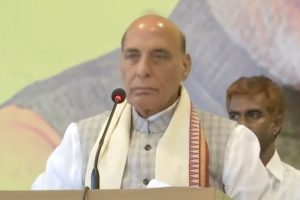Shorn of the diplomatic grandstanding that has been reserved for the Pope in Myanmar, there are profound implications of the first papal visit to the predominantly Buddhist nation that has over the past few days been convulsed by renewed persecution of the Rohingya Muslims.
The minority segment on the border with Bangladesh has been buffeted from shore to shore in search of a home. The papacy has been a vocal critic of Myanmar’s harsh treatment of the Rohingyas or “nowhere men”, and the purported transition to democracy a little less than two years ago has done but little to assuage their suffering. The visit of Pope Francis comes at a particularly volatile juncture in Myanmar.
Last Sunday, the Pope again condemned “the persecution of our Rohingya brothers” and called on “men and women of good faith to help them and ensure their full rights”. Like his previous interventions, the comments are likely to infuriate nationalists who maintain that the Rohingyas are not Myanmarese but rather Bangladeshis with no right to live in the country. Seldom have human rights and the certitudes of international law been so flagrantly violated. Small wonder that the dispensation in Naypidaw is more than a little puzzled, if not a mite embarrassed as well, over the Pope’s visit.
Not to put too fine a point on it, the intriguing silence of Aung San Suu Kyi ~ the de facto head of the country ~ is testament to her failure to address a humanitarian issue. As her dilemma becomes increasingly uncomfortable, she is caught between religious nationalists and the still powerful military, which had ruled for decades prior to the watershed elections in November 2015, and western donors, and human rights organisations at another remove.
The latter, most particularly, have been critical of her failure to end ethnic strife and implement reforms. From the democratic prism, therefore, the effectiveness of her dispensation has been open to question. The latest confrontation between the security forces and militants of the self-styled Arakan Rohingya Salvation Army (Arsa) in Rakhine were reportedly the most lethal in recent memory, leaving more than 100 people dead.
No less crucially, the violence has led to the evacuation of nonMuslims. The hope of a democratic renaissance, that greeted Suu Kyi’s assumption of power early in 2016, is now in tatters. It is Myanmar’s tragedy that the inherent fragility of its democracy has been exposed. The fact of the matter is that the military remains ever so omnipotent, confident of the support of the Buddhist nationalists. Markedly, the military controls key segments of governance, including internal security. Yet it would be presumptuous on the part of the GHQ to imagine that the Pope’s visit underscores its acceptance in the international perspective.
The descent of the “dove” at Naypidaw airport cannot but be unnerving for the ruthless establishment. Suu Kyi has failed to keep her distance from the soldier











